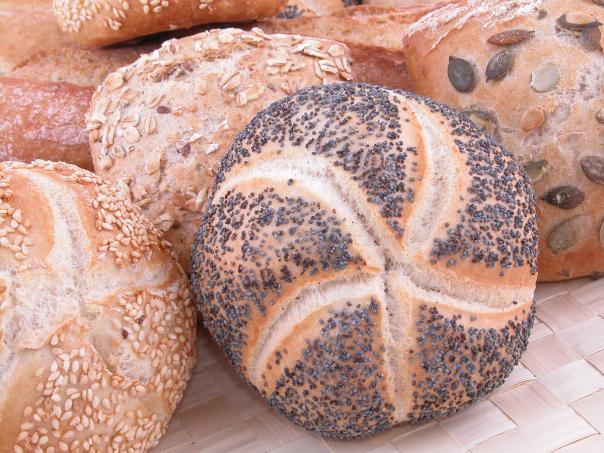
With 1 in 100 people currently affected, diagnosis has risen by a quarter (+6%) in just four years – up from 24% in 2011 to 30% in 2015.
Commissioned by independent charity Coeliac UK and undertaken by the University of Nottingham, the research analysed UK patient records for clinical diagnoses of coeliac disease and dermatitis herpetiformis (the skin manifestation of coeliac disease) from 2011-2015.
Key findings include:
- Diagnosis has risen by a quarter in the four years
- However, ‘alarmingly’ rate of diagnosis has significantly slowed
- One in four adult coeliac sufferers had previously been misdiagnosed with Irritable Bowel Syndrome (IBS) - the same percentage as in 2013
- On average it takes 13 years for a person to be diagnosed
Coeliac UK chief executive, Sarah Sleet,said: “It’s fantastic that the research shows that around 45,000 people were diagnosed between 2011 and 2015.
“But with half a million people in the UK still without a diagnosis, we’ve got a long way to go.
“The fact that testing for the condition is slowing and nothing has changed in people being diagnosed with IBS before being tested for coeliac disease, suggests the NHS is failing to address the mountain of under diagnoses.
“We know this is even more urgent today as recent research is uncovering some symptoms of coeliac disease - specifically neurological ones - that cannot be reversed without an early diagnosis.”
Alison Reid, chief executive of The IBS Network, added: "It is essential that people with chronic gut conditions - whether that's coeliac disease or IBS - get an accurate diagnosis as quickly as possible.
“Having the right tests allow healthcare practitioners to put the right treatment in place and patients can learn how to best manage their condition.
“The blood test for coeliac disease is relatively quick and cheap, and we urge anyone that has on-going symptoms to visit their GP and request to be screened for coeliac disease.
“Next year, we will be launching a campaign targeting the medical profession to encourage them to consider if their patients could be suffering with undiagnosed coeliac disease or have been misdiagnosed with IBS.
“This will ensure that patients do not to remove gluten from their diet prior to testing as this could lead to a false negative result.”
For more information or to partake in the charity’s online assessment, visit: http://www.coeliac.org.uk/isitcoeliacdisease.